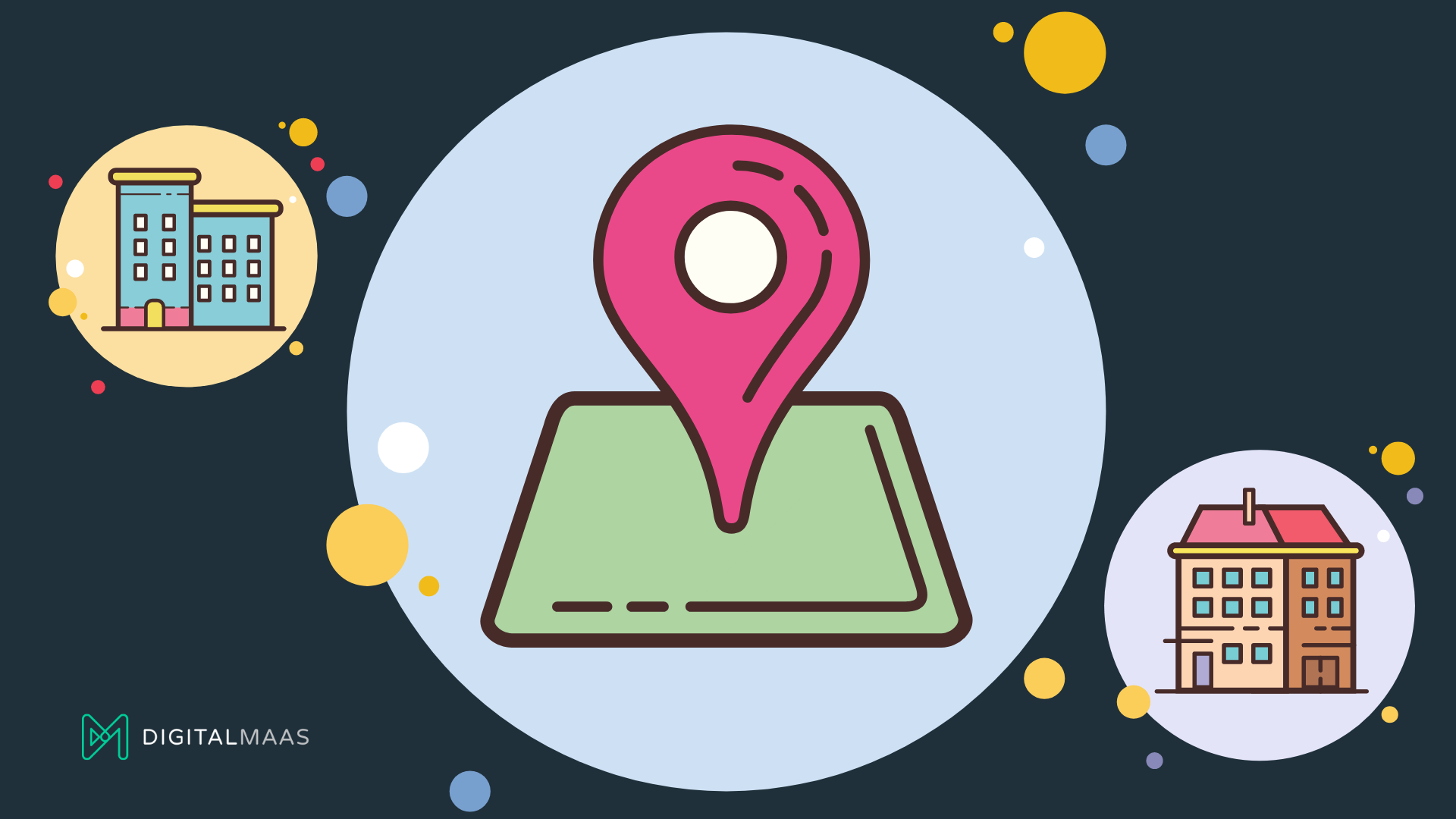Local SEO has become a hot topic throughout 2020 due to the COVID-19 pandemic. And as we’re about the end the year, more and more businesses are focusing on their local market, encourage their nearby community to buy from them or hire their services.
But let’s look at the past 12 months and see how we got here.
1. Budget cuts due to COVID-19 impacted paid campaigns
There is an ongoing challenge among marketing departments in keeping up with their campaigns – some businesses lost almost 90% of their revenue in the first half of the year, especially between March and May. Those who were able to keep their business slashed marketing budgets so professionals had to resort to cost-effective means and thus SEO was put on priority.
SEO, as we all know, keeps building on itself and requires a long-term strategy. So throughout 2020, we saw how search engine optimisation became the affordable way to maintain a business’ online marketing efforts throughout a pandemic. It was clear as day – a marketing team needs to continue content generation and website optimisation in order to keep a business going.
Content such as blogs and videos focused more on how a business is adjusting to a ‘new normal’ brought by the COVID-19 and how their products and/or services were still essential despite the pandemic.
However, this was not enough and so marketers began focusing on local marketing in the form of online directories.
2. Google My Business took the spotlight
True enough, local SEO has become more important during the pandemic. Google My Business, in particular, stole the show, enhancing all its features and capabilities to give businesses a full suite of categories, attributes and other details that can help them reach their customers faster.
There are three main reasons why businesses opt to use Google My Business, and these are:
- It’s free
- ‘Near me’ mobile searches have increased by 76% in 2020
- Having a GMB increases a business’ chance of being discovered beyond a direct search
And that’s not all. Half of the time, a new customer will most likely visit a store or click on its website. So businesses have to be ready.
On their side, Google My Business pushed businesses to edit their NAP-W (Name, Address, Phone and Website) as early as March. Beyond that though, they also added health attributes for businesses to add so that their customers know that they are following safety protocols.
And while Google My Business encourages businesses to monitor and update their customers through images, weekly posts and Q&As, they also put an emphasis on managing and responding to reviews as this feature greatly increases the likelihood of being found on search results.
3. Consumer sentiment for local businesses matters more than ever
User-generated content such as reviews and blogs have helped businesses amass new customers despite the pandemic, making it a powerful local SEO weapon. For one thing, it helps customers decide if they should enter a store or seek another alternative. But that’s not all.
Local SEO professionals create review strategies to improve the number of positive reviews and ratings on their online listings to not just help a customer make the right purchase decision but also to give Google a better idea of what their website is like and ultimately what their business is like. At the end of it all, when done right, a review strategy can win businesses a higher ranking on organic search results.
So businesses now see a huge importance in customer sentiment as it matters in getting more people to buy from them and to let search engines know that they’re authoritative, relevant and trustworthy. However, getting negative reviews or not getting reviews at all means that a business needs to go back to the drawing board and take a better look at their strategies or even products or services.
Conclusion
We’ve learned so much this past year and despite our situation, all businesses have opportunities to compete using a fool-proof local SEO strategy – despite large marketing budget cuts. By doing so, you can win more customers and rank higher in search results. Regularly updating your business information and publishing frequently using Google Posts, answering questions and responding to reviews guarantees that you’re on the road to showing up on organic search, Google Maps and the 3-Pack.
DigitalMaas is more than ready to help you master Google My Business and other online directories in order to win more customers in 2021. Contact us for a trial where we’ll give you feedback and recommendation on how to optimise your GMB listing.



